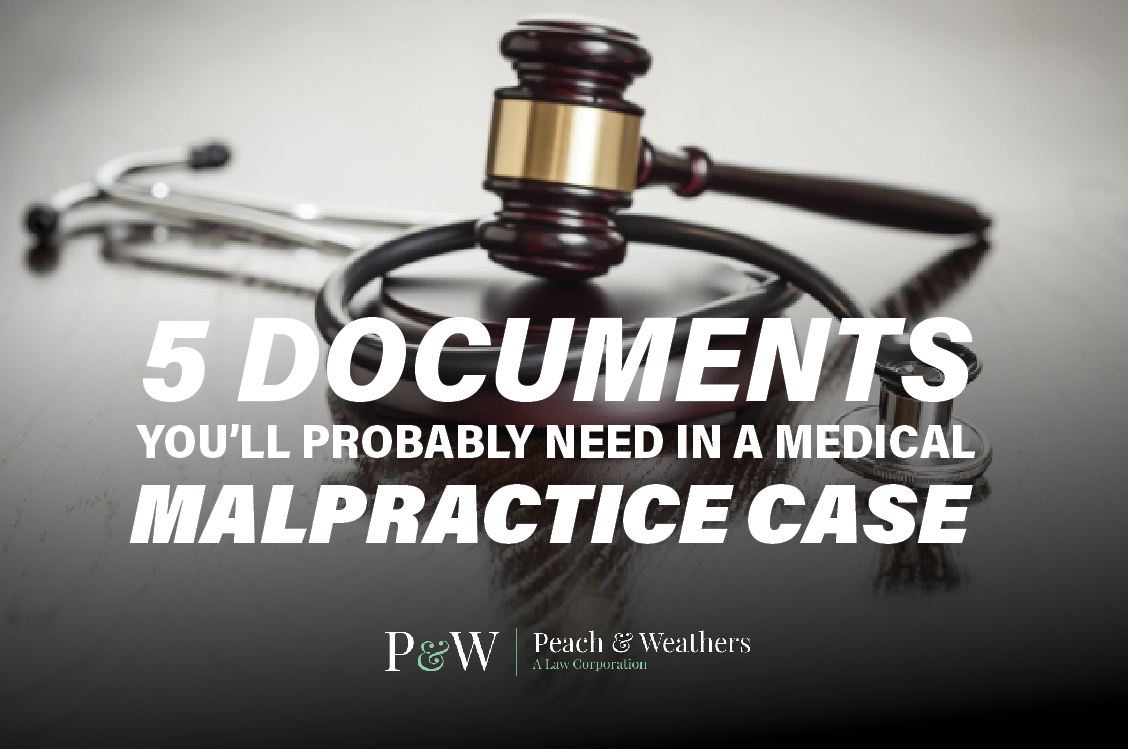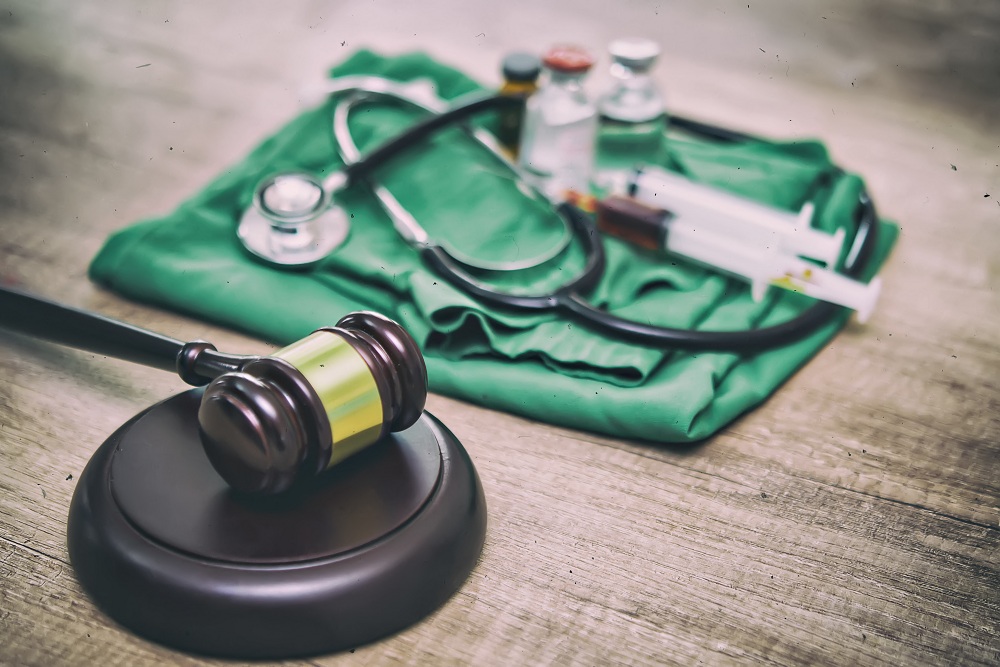
In the case of medical malpractice, you must collect all records and documentation of what took place. This will expedite your claim and improve your chances of compensation for your losses. So, be sure to retrieve and save all records. Though in the midst of this hardship, it may be challenging to maintain perfect organization, we advise an effort to do so. But what exactly will you need?
Below is your go-to checklist for your preparation of a medical malpractice case:

- Medical Records. These are the most important of the documents you will collect. Medical malpractice indicates that some sort of negligence took place and caused the outcome of the patient’s injury or death. Therefore, you will need to prove that their actions demonstrated such negligence during treatment and after the fact. Retrieving these documents may require your specific request from the corresponding physician or medical facility. Though each patient has a right to their own medical records, for these, you may be charged a small fee. Other documents will be given to the patient freely at their time of discharge.
- Medical Bills. When you or a loved one suffers from the consequences of medical malpractice, your medical expenses ought to be recovered in full. To do so, however, your case will require documentation of your medical bills. These will prove your medical expenses so they can be compensated.
- Insurance Records. Typically, a patient’s insurance coverage pays for some portion of their medical expenses. So, be sure than in the case of medical malpractice, you collect documentation of your correspondence with your insurer or government program such as Medicare or Medicaid. This can help establish damages and prove expenses based on the bills that were paid by the patient’s insurance provider.
- Death certificate and autopsy report. In cases of wrongful death, these will serve as substantial evidence for your case.
- Documents of communication. Be sure to preserve any conversations you may have had with your doctor concerning the allegations of the case and their responses. Any sort of document on your correspondence with the responsible health care provider will strengthen your case.
- Expense receipts. Some of your incurred expenses will not be represented in your medical bills. And while no one cost may be significant, these can quickly accumulate and devastate your bank account. So, to receive compensation for things such as prescription and nonprescription drugs or medical equipment, save each of your receipts.
- Evidence of lost income. When you’re injured from the results of medical malpractice, you may be unable to work. And as such, you will be forced to go without an income. This compounding hardship can be crippling. So to compensate for this significant loss, be sure to document your pay stubs and tax returns so to prove your previous income.
- Photos. While these may not serve as hard evidence, photos can personalize your case and demonstrate the suffering of your situation. These will better paint the picture of your experiences and call for action.
As you recover physically, emotionally, and financially from your injuries, you may be unable to recover each of these documents. But, if you are missing any number of these records, your case may still be pursued. This scenario will simply slow the process as your attorney will need to request and retrieve your required documents. So, in the case that you are injured as a result of medical malpractice, and whether or not you can collect the necessary documents, do not hesitate to reach out for legal assistance. We at Peach and Weathers are here for your legal advocacy in this time of significant need.

